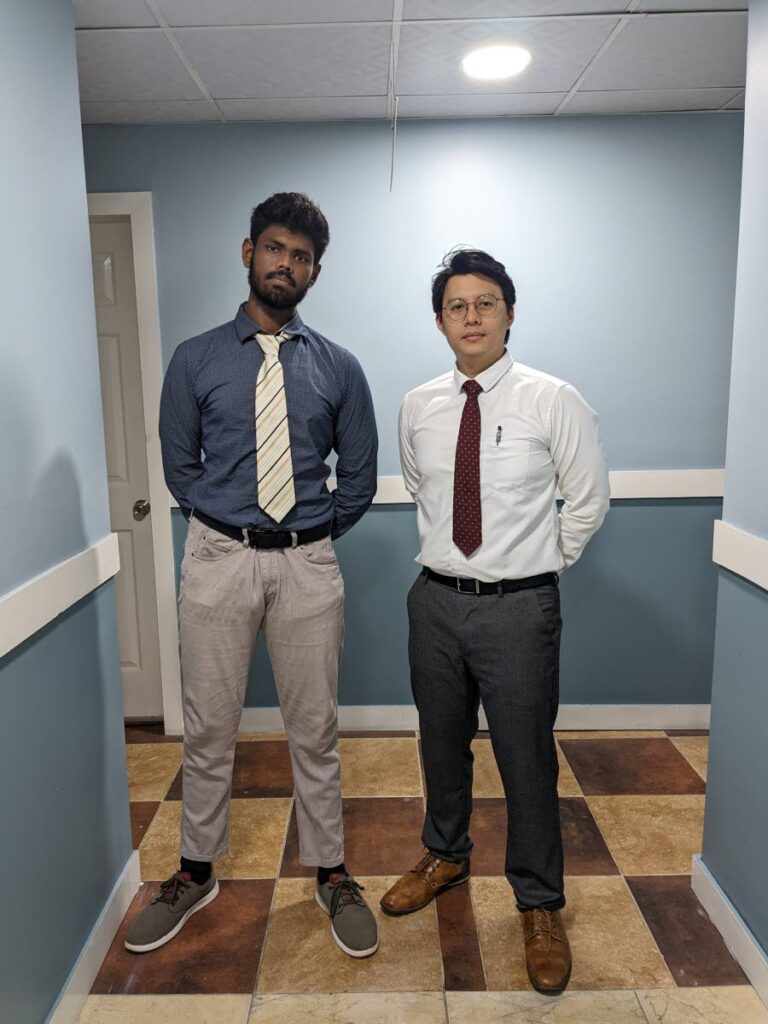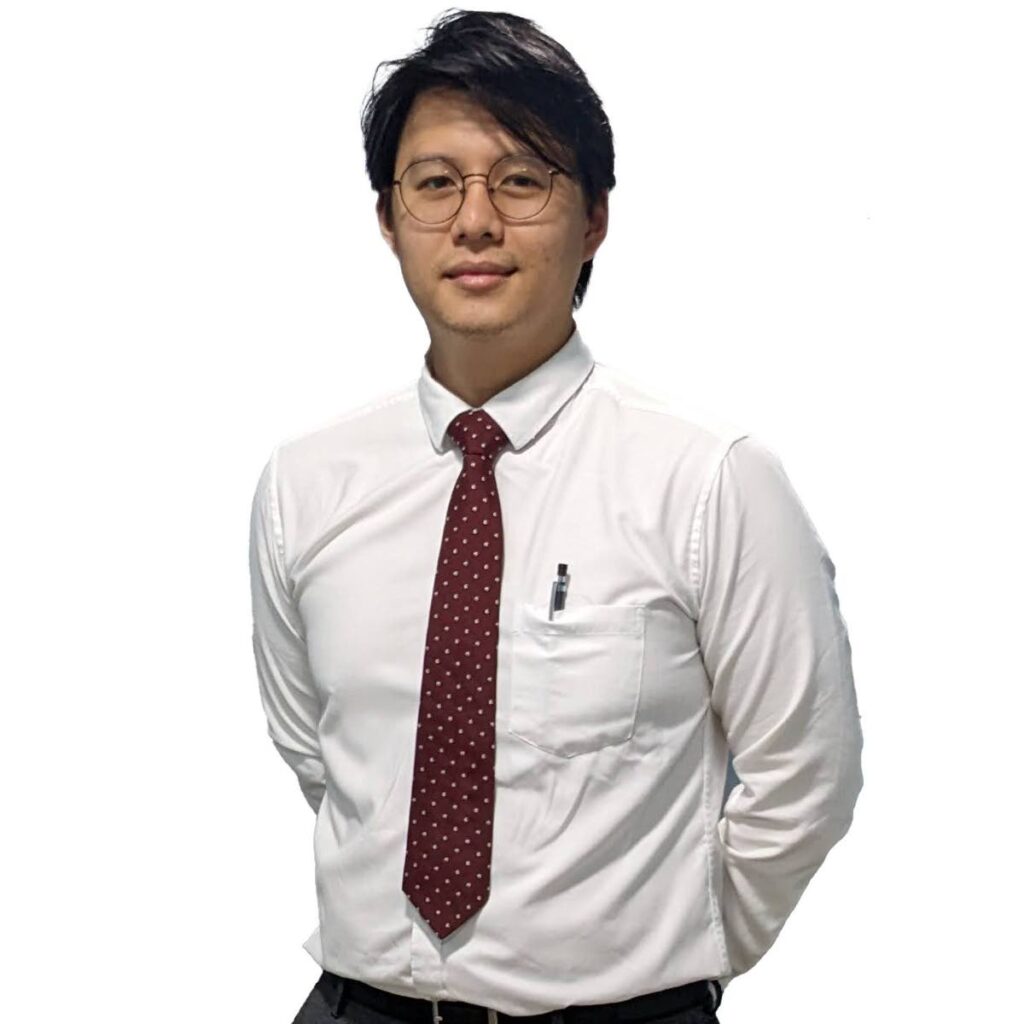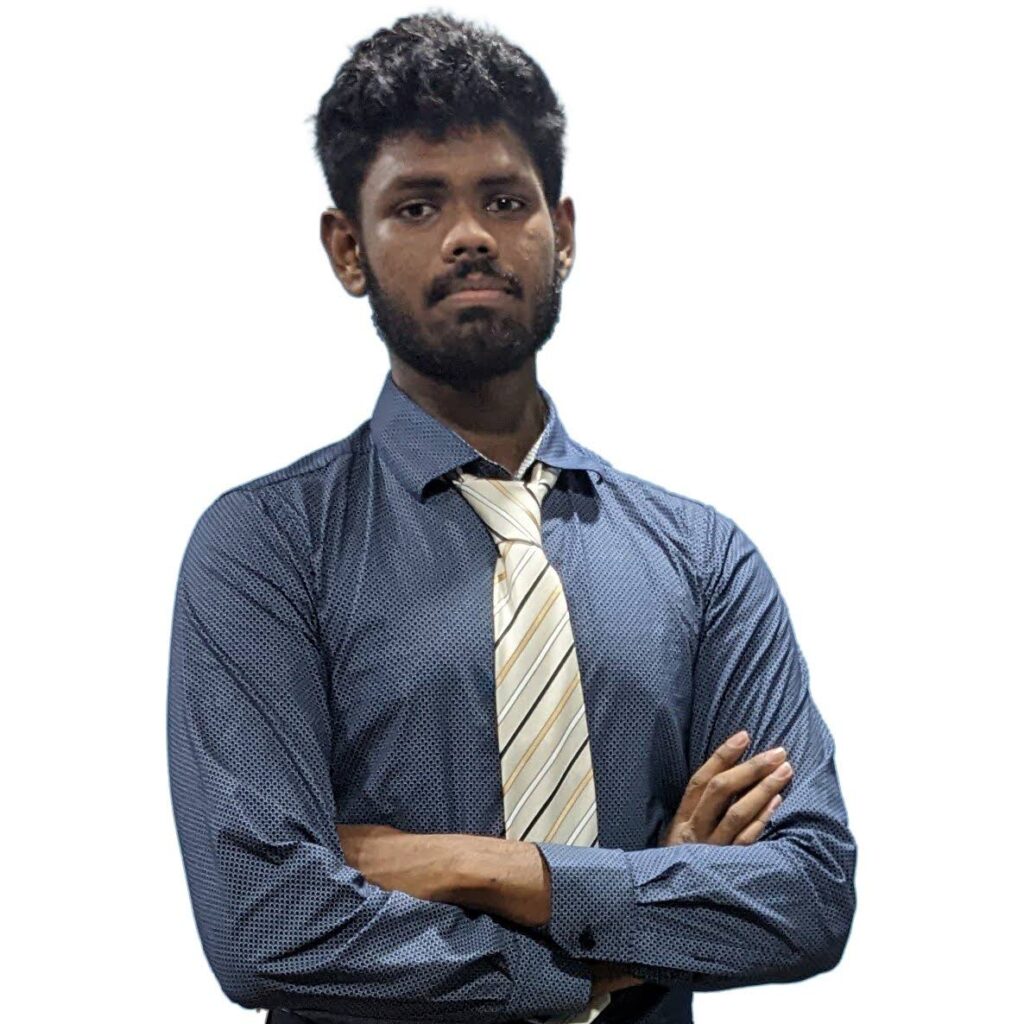Trinis come 2nd in Shell AI Hackathon 2022 university edition

TWO students of UWI, St Augustine, both from Trinidad and Tobago, placed second in the university edition of the 2022 Shell AI Hackathon for Sustainable and Affordable Energy.
This year, the challenge was titled the Electric Vehicle Charging Network Challenge.
The problem statement asked competitors to "optimally place electric vehicle charging stations so that the configuration remains robust to demographic changes."
The objective, Shell said, is to minimise the overall cost, which has three components: cost of customer dissatisfaction, cost of demand mismatch and cost of infrastructure.
Noting that the mobility sector accounts for "around 18 per cent of the carbon dioxide emissions," Shell said, "A considerable market share of electric vehicles running on clean power is key to mobility decarbonisation.
"We need accelerated technology and infrastructure development to support electric vehicle market growth."
There were over 4,000 registrations across the individual, university and start-up editions of the competition.
Placing first in the university edition was Team MOMA of Texas A&M University, comprising chemical engineering PhD students Mohammad Lameh and Marcello Di Martino.
Placing second was team J3T of UWI, St Augustine, which included team lead Johnny Tiu and Shankar Ramharack.
At the time, Tiu,was doing his master's in mechanical engineering and Ramharack is now a final-year electrical and computer engineering student.

Speaking to Newsday, Tiu said after submitting his thesis for his master's degree, he picked up a Google data analytics course"to hopefully expand my career opportunities.
"I was searching for interesting projects to apply data science to engineering, and when I was scrolling through LinkedIn, I just found someone sharing the hackathon, so I decided it would be a fun challenge to take on."
He brought Ramharack on to the team. They were both mentored by Prof Patrick Hosein of UWI's Department of Computing & Information Technology. Hosein is also the director of TTLAB
"We had a couple (of) brainstorming meetings to thoroughly understand the problem," said Tiu, adding that both he and Ramharack have an engineering background, along with a strong coding and mathematics background, which greatly assisted.
But even with those backgrounds, they both had to learn a coding language which was new to them – Julia – while also using MATLAB and Python.

Ramharack told Newsday the experience was "fast-paced and enriching," adding that it gave him "deeper insight into the applications of operations research in the design and development of electric vehicle infrastructure within areas of dynamic demographics.
"I also realised how much work is needed for us as a nation to move toward a electric-vehicle-integrated society, as the challenges in this competition posses many local parallels."
Tiu agreed it was fast-paced, but said it was also "fun, humbling and enlightening to see the approaches the other teams used."
He said it "feels amazing" to have placed second in a competition with so many participants.

Comments
"Trinis come 2nd in Shell AI Hackathon 2022 university edition"